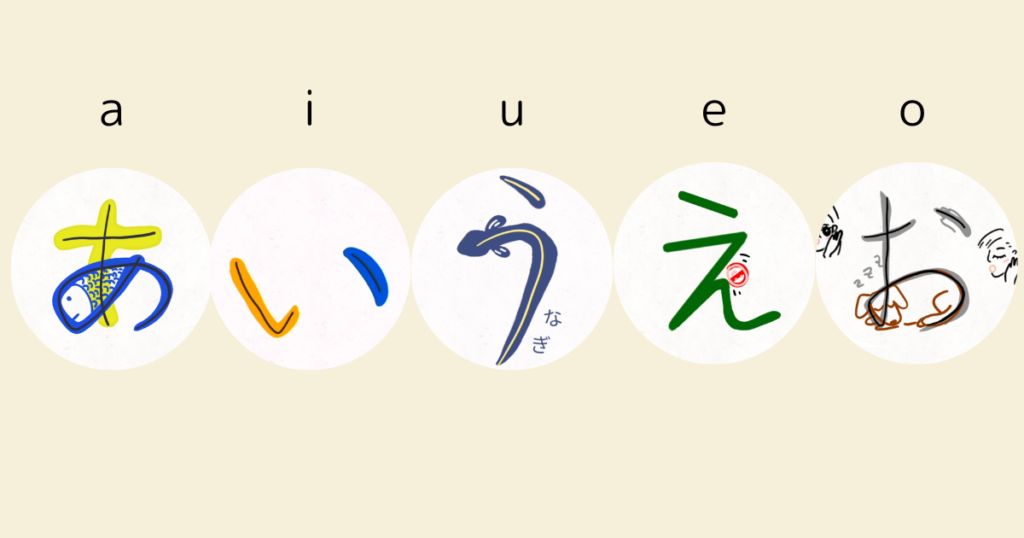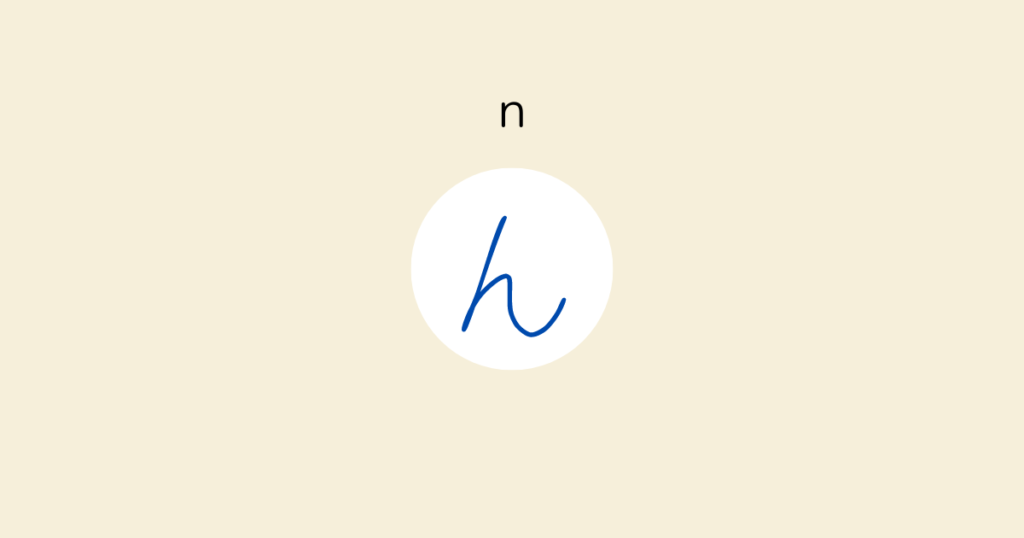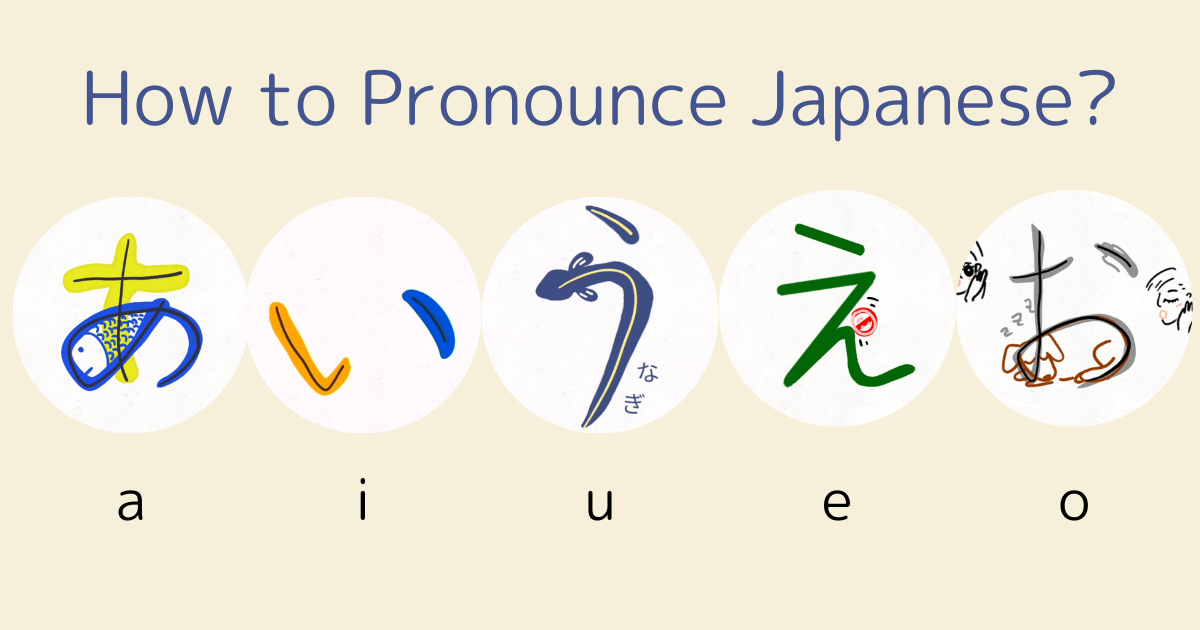So, I have got good news to all the Japanese learners who migt be struggling with reading and writing in Japanese.
Learning Japanese pronunciation is EASY!
I do understand that learning Japanese writing could be absolutely challenging if you don’t know anything about Kanji (Chinese characters we use in Japan). However, learning Japanese pronunciation is one of the easiest parts of your learning.
I’m a native Japanese speaker, and I would say that I’m fluent in English. But I still struggle with a lot of sounds in English because we don’t have the ‘r’ sound in Japanese, and the ‘th’ sound is challenging for me. I also often mispronounce the ‘s’ sound.
So yes, we don’t have many varieties of sounds in Japanese, and it is quite straightforward once you learn the rules to read.
Today, I would like to share some essential tips to help you refine your Japanese pronunciation.
Start with the Basics: learn Japanese Vowels

Begin by familiarising yourself with the five basic vowel sounds— a, i, u, e, o. Japanese vowels maintain consistent pronunciation, setting the foundation for accurate speech.
Conquer Consonant Challenges

Pay special attention to unique consonant sounds like “tsu” and “shi.” Practicing these distinct sounds will prevent common pronunciation errors.
Pitch Accent

Understand the concept of pitch accent, which involves the rise and fall of intonation in words. Practice pitch patterns to convey meaning accurately.
I mentioned that learning Japanese pronunciation is easy, but the accent is the most challenging part. When you read a written word with a different intonation, it can completely change the meaning. Sometimes, it could also have a different meaning with the same intonation. How confusing!
Immerse Yourself in Audio
Actively listen to native Japanese speakers through various audio materials, including podcasts, music, and language learning resources. Mimic their pronunciation to develop a natural cadence.
If you are into Japanese anime, there are some recommendations from me as well! Pleae check it out.
Master Kana Scripts: Hiragana and Katakana
Familiarise yourself with Hiragana and Katakana scripts, as they directly influence pronunciation. Because in Japanese writing, most of Hiragana and Katakana were pronounced in the same way all the time. So, this knowledge will facilitate accurate reading and writing.
Grasp Nasal Sounds

Recognizs and practice nasal sounds, particularly the “ん” (n) sound. Nasal sounds play a vital role in Japanese pronunciation and impact word meanings.
Wrap up
If you’re new to the language, you may not worry too much about pronouncing it super accurately. However, if you’re more advanced, I’m sure you would start to feel like you’d want to say things more accurately and fluently.
Getting good at speaking Japanese is a big part of learning the language. If you pay attention to these important tips, you can get better at saying the words right. This will help you communicate well and enjoy Japanese even more.


コメント